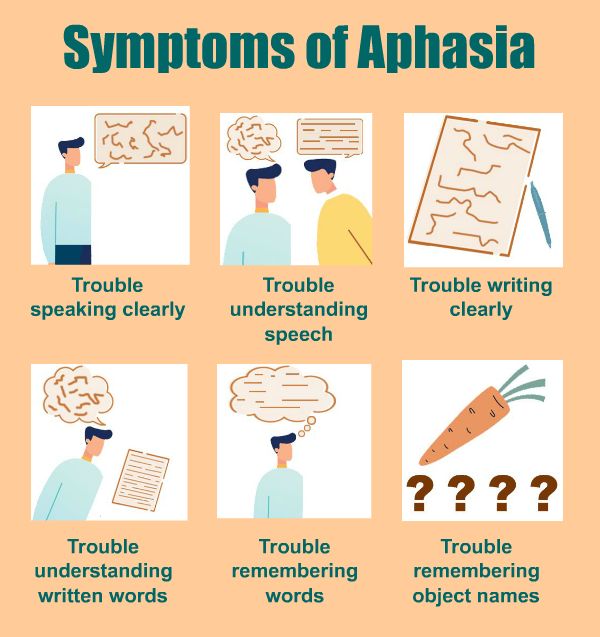TAMPA, Fla. (WFLA) – The family of actor Bruce Willis announced on Wednesday he is stepping away from acting amidst a diagnosis of aphasia, a disorder caused by damage to the parts of the brain.
Aphasia can occur in a patient in different ways, from a stroke or brain injury. It can also be neurodegenerative, Dr. Lori Bartels-Tobin of The Aphasia Center in St. Petersburg explained.
“So aphasia usually occurs from stroke, brain injury, tumor – some sort of damage to the language centers in the left hemisphere of your brain. And as a result of that damage, depending on how big of an area is affected or which specific areas are affected, there are different types of aphasia and different severities of aphasia,” she said.
Though there are different types of aphasia, Dr. Bartels-Tobin said the effects are the same. She said everyone with aphasia has problems with language skills to varying degrees, such as retrieving the word that they want to say, when they want to say it.

“Your reading is always affected and that includes oral reading. Your speaking is always affected, but depends on which language center,” she said. “Your understanding of language and being able to follow directions or understand what a word means, especially if you don’t have context.”
Dr. Bartels-Tobin said those with aphasia can find it difficult to repeat words or sentences after someone. Writing is also affected.
“Any information that comes into your system through reading or listening to someone talk, watching TV, objects, visuals, videos, that come into your system [are] affected, as well as the information that comes out of your brain, such as writing or repetition, speaking, word finding, all of those types of things are affected,” she said.
The doctor said roughly 2 to 3 million Americans live with aphasia.
There is treatment to help victims of strokes or brain injuries in the form of speech and language rehabilitation, such as working on strategies for patients to work directly on very functional, specific things they want to say.
“Now it may be that Mr. Willis has an actual primary progressive aphasia which is not a result of a stroke, that’s more of a frontal temporal dementia where there is atrophy and cell loss in the same language centers, but that is not something you recover, you can keep working toward recovery on,” Dr. Bartels-Tobin said. “That’s really neurodegenerative, meaning that it gets worse over time.”
The statement released by Willis’ family did not state what may have caused his aphasia diagnosis, if anything.






